Nigeria’s Minister of Education, Dr. Maruf Tunji Alausa, has made a bold call for systemic reforms in the country’s higher education accreditation process, describing the current model as “chaotic, costly, and counterproductive.”
Speaking during a stakeholders’ meeting with professional regulatory bodies in Abuja on Thursday, July 10, the minister criticized the proliferation of over 25 professional accreditation bodies operating independently—each imposing logistical, financial, and bureaucratic burdens on tertiary institutions.
“Accreditation should not be a business that enriches a few while complicating the entire system,” Alausa stated firmly. “Universities are already underfunded, and asking them to bear the cost of accreditation visits—including flights, hotel accommodation, and stipends for visiting officials—is unacceptable.”
The minister stressed that while professional bodies have an important oversight role, the statutory authority for academic accreditation lies with the National Universities Commission (NUC). He traced the rise in professional councils from just seven decades ago to over two dozen today, saying this unchecked expansion has harmed institutional efficiency and student access.
“Access is no longer the main challenge; it’s capacity,” Alausa warned. “The burden of fragmented accreditation is reducing the number of students institutions can admit.”
To address the dysfunction, the Federal Ministry of Education announced a unified reform agenda. Key resolutions from the meeting include:
Joint accreditation exercises by the NUC and relevant professional bodies.
A standard five-year validity for all accreditation outcomes.
On-site visits capped at two to three days.
Professional bodies to fully fund their activities—no more levies on universities.
Harmonized benchmarks to end conflicting academic and professional standards.
In support of the reforms, Minister of State for Education, Professor Suwaiba Said Ahmad, described current practices as “overwhelming and disruptive,” leading to superficial compliance rather than genuine academic quality.
The Executive Secretary of the NUC, Prof. Abdullahi Ribadu, also voiced concern over contradictory requirements. “For example, NUC may demand 60% of faculty hold PhDs, while a professional body like ICAN may focus solely on certifications,” he explained, advocating a harmonized, globally aligned model.
Registrar of the Joint Admissions and Matriculation Board (JAMB), Prof. Ishaq Oloyede, emphasized the need for a rational, collaborative framework. “This is not a fight for supremacy,” he said. “It’s about safeguarding academic integrity, public funds, and university autonomy.”
However, Prof. Zacheus Opafunso, Registrar of the Council of Nigerian Mining Engineers and Geoscientists (COMEG), insisted that professional bodies still have a role in maintaining standards specific to their disciplines and should not be sidelined in the process.
The Education Ministry has assured that these reforms will be enforced across all tertiary institutions—universities, polytechnics, and colleges of education—marking what could be a turning point for quality assurance in Nigeria’s higher education system.






























































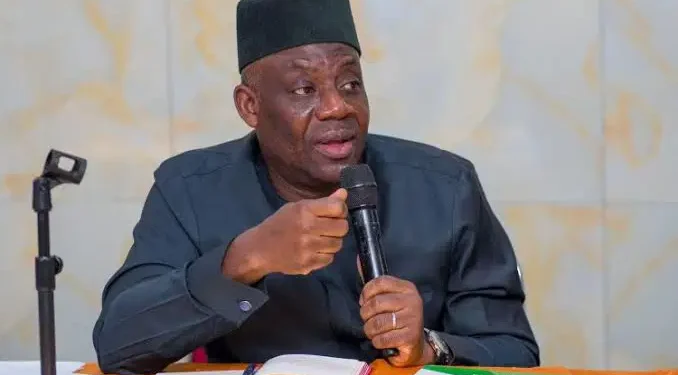




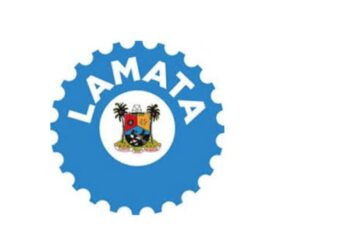
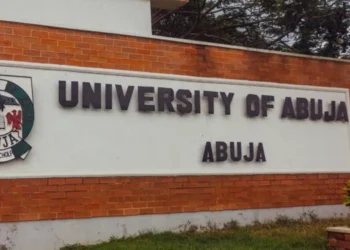
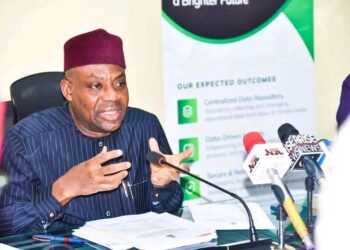

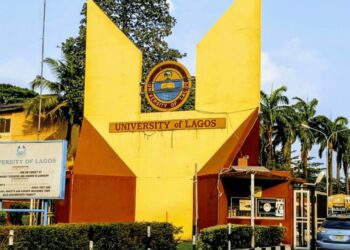











 EduTimes Africa, a product of Education Times Africa, is a magazine publication that aims to lend its support to close the yawning gap in Africa's educational development.
EduTimes Africa, a product of Education Times Africa, is a magazine publication that aims to lend its support to close the yawning gap in Africa's educational development.